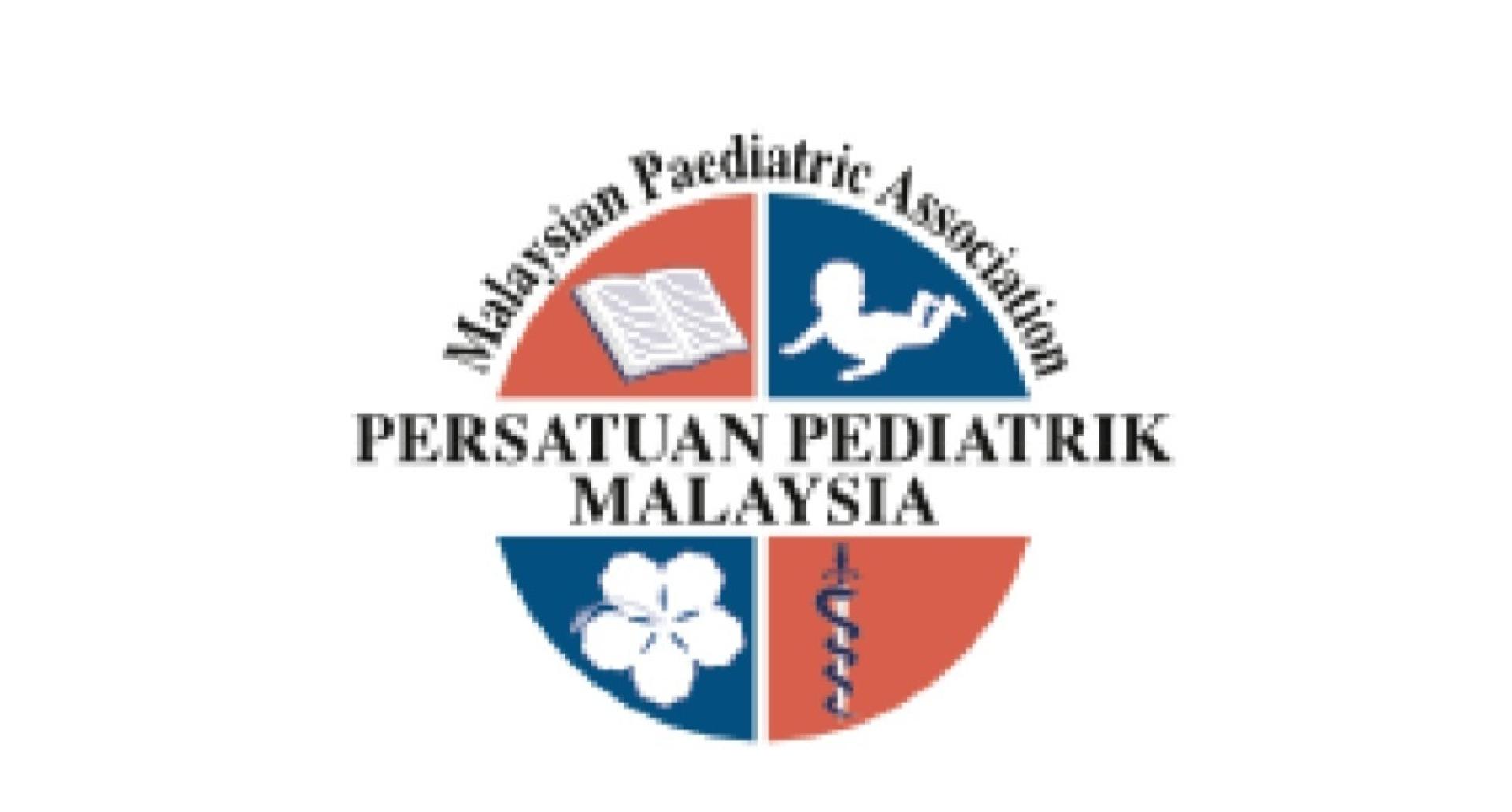(Miri, 16th) The Malaysian Paediatric Association (MPA) today expressed its deepest condolences to the family of a 16-year-old female student who was recently tragically killed, and called on all sectors nationwide to pay serious attention to campus safety and adolescent mental health, pushing for reforms from a systemic perspective to prevent the recurrence of such tragedies.
The statement noted that such incidents of violence have shaken the confidence of parents, educators, and the public in school safety, often eliciting instinctive responses such as the imposition of bans, punishments, or enhanced security. However, the association emphasized that these responses often overlook the root causes of adolescent violence, such as neglect, unresolved conflict, untreated psychological distress, and the lack of adequate adult support systems for children.
The association pointed out that in recent years, not only have students experienced violence, but teachers and school staff have also been targeted for attacks, threats, or harassment, highlighting the need for a holistic approach to the problem. After such incidents, schools should provide psychological counseling and support to all affected, and establish an environment where students can safely express their emotions and rebuild their sense of security and trust.
The statement added that international experience shows that effective campus safety reform should focus on 'relationship building' and 'early intervention.' Teachers and staff should receive training to identify students' psychological distress and respond with empathy; school counseling services should also be expanded so that students in need can receive timely assistance. At the same time, families should become partners in education, allowing individuals who have experienced violence to participate in designing support systems so that they can better understand and respond to children's emotional needs.
'True safety is not only reliant on surveillance cameras and locked doors, but also on cultivating children's moral sense, emotional intelligence, and sense of social responsibility.' The statement stressed that the goal of education should not be limited to academic achievement, but should also help students learn moral reasoning, empathy, and conflict resolution skills, so that they understand 'how to care, communicate, and coexist with respect.'
In addition, the association noted that technology and social media add complexity to campus safety. Although digital platforms can promote learning, they also bring risks such as cyberbullying, misinformation, and emotional numbness. Australia's proposal to legislate a ban on social media use for children under 16 reflects society's concern about digital harm. However, regulation alone is not a long-term solution; digital literacy and moral education must go hand in hand.
The Malaysian Paediatric Association reiterated that schools should be a safe haven for all children and teachers, a space filled with laughter, exploration, and a sense of belonging, allowing every student to grow in a safe and supportive environment. This is a shared moral responsibility of society as a whole.
